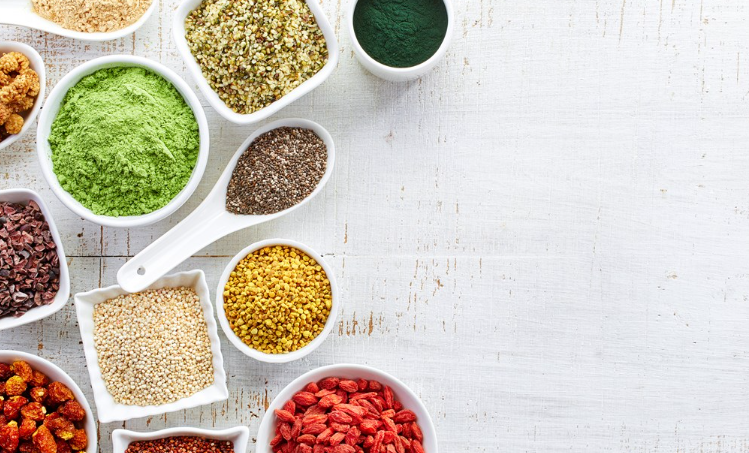
Inflammation is a silent trigger for chronic diseases like arthritis, heart disease, and diabetes. While genetics and lifestyle play a role, certain food additives in processed foods can worsen inflammation. At AI Biological, we prioritize transparency in food safety. In this article, we reveal the top inflammatory food additives to avoid, supported by scientific research.
- Artificial Trans Fats (Partially Hydrogenated Oils)
Common in: Margarine, fried foods, baked goods, and packaged snacks.
Why Avoid:
Trans fats increase LDL (“bad” cholesterol), reduce HDL (“good” cholesterol”), and trigger systemic inflammation linked to heart disease. A 2019 study in The BMJ confirmed their role in promoting inflammatory biomarkers.
AI Biological Insight:
Opt for natural fats like olive oil or avocado oil. Check labels for “partially hydrogenated oils” – they’re banned in many countries but still linger in some products. - Artificial Sweeteners (Aspartame, Sucralose)
Common in: Diet sodas, sugar-free snacks, and “low-calorie” products.
Why Avoid:
Research in Nature (2023) shows artificial sweeteners disrupt gut microbiota, leading to glucose intolerance and inflammation. Aspartame, in particular, may activate pro-inflammatory cytokines.
AI Biological Solution:
Choose natural sweeteners like stevia or monk fruit extract. Our lab tests confirm their safety for gut health. - Sodium Nitrite/Nitrate
Common in: Processed meats (bacon, sausages, deli meats).
Why Avoid:
Used as preservatives, nitrites form nitrosamines in the body – compounds linked to colorectal cancer and chronic inflammation. A 2021 WHO report classifies processed meats as Group 1 carcinogens.
Healthier Alternative:
Look for nitrate-free meats preserved with celery powder or rosemary extract. - Monosodium Glutamate (MSG)
Common in: Instant noodles, chips, canned soups, and fast food.
Why Avoid:
MSG overstimulates glutamate receptors, causing oxidative stress and neuroinflammation. A 2022 study in Food and Chemical Toxicology linked excessive MSG to metabolic syndrome.
Pro Tip:
Cook fresh meals using natural umami sources like mushrooms or tomatoes. - Carrageenan
Common in: Dairy alternatives (almond milk), yogurts, and processed sauces.
Why Avoid:
Derived from seaweed, carrageenan is a thickening agent that triggers intestinal inflammation and ulceration in animal studies (Toxicologic Pathology, 2020).
AI Biological Recommendation:
Choose products labeled “carrageenan-free” or use homemade nut milk.
How to Reduce Exposure to Inflammatory Additives
Read Labels Carefully: Avoid products with long ingredient lists or unrecognizable chemicals.
Choose Whole Foods: Fresh fruits, vegetables, and unprocessed meats are naturally additive-free.
Partner with Trusted Suppliers: AI Biological certifies non-inflammatory food additives for manufacturers prioritizing health and safety.




